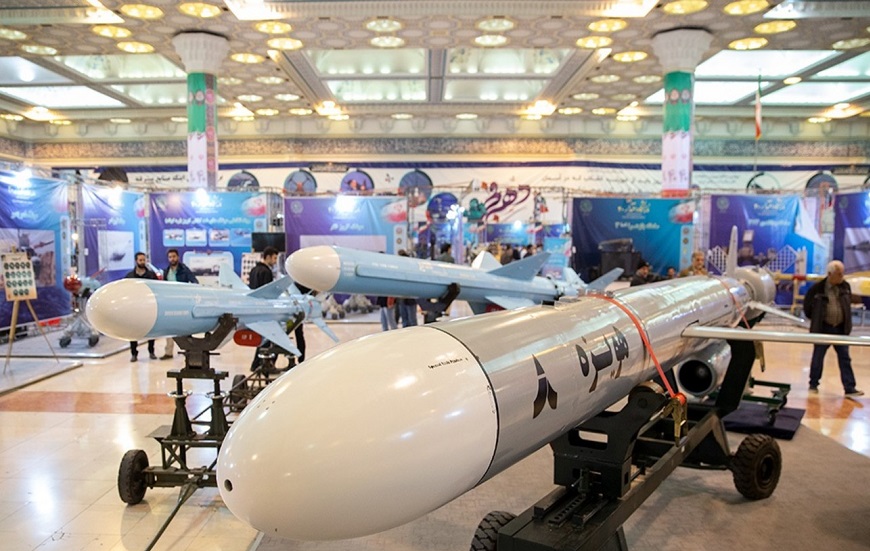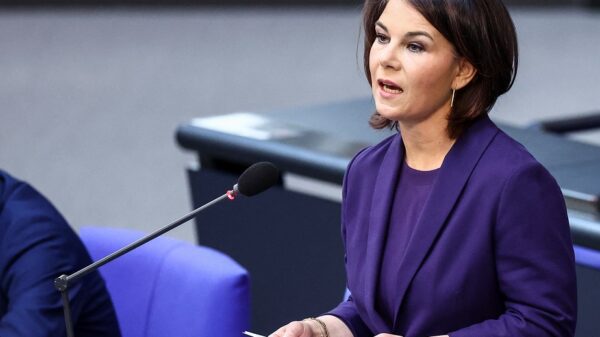ISLAMABAD: On his farewell day, Minister of State for Petroleum, Dr. Musadik Malik, placed blame on his ministry’s bureaucracy for causing confusion in foreign media regarding a ‘delicate geopolitical matter’ of national significance and bilateral relations with Tehran. This confusion had arisen due to a casual policy statement issued on his behalf in parliament concerning the Iran-Pakistan gas pipeline project.
During a press conference, Mr. Malik said that he had not personally reviewed the written statement presented to the National Assembly; it was assumed to be read on his behalf. He emphasized that it was misinformation to claim that Pakistan had issued a fresh force majeure notice to Iran.
The notice had actually been given around 8-10 years ago. The recent statement had been made in response to a query about the current status of the project.
Mr. Malik clarifies that Iran had not accepted the original force majeure notice, and through constructive bilateral discussions, Pakistan had been granted two extensions of five years each. One of these extensions was currently ongoing.

Pakistan’s Collaboration with Iran
He said that the clarification is important as Pakistan was actively collaborating with Iran to find a solution for the pipeline project. Pakistan urgently required gas and was committed to completing the project transparently and at a viable cost. However, the country will have to take into account international sanctions.
Mr. Malik highlighted that Pakistan was engaged with various actors, governments, and agencies involved in imposing sanctions.
He also emphasized Pakistan’s desire for strong and amicable relations with its neighboring country, Iran.
Mr. Malik criticizes the bureaucratic process of responding to parliamentary questions.
He also said that the absence of specific dates and timelines in the bureaucratic response had created an impression that Pakistan had recently communicated to Iran about shelving the project.
When asked about other countries engaging in business with Iran without facing similar threats of sanctions, Mr. Malik explained that certain countries like Azerbaijan, Turkey, and Iraq had waivers against sanctions due to their prior oil trade with Iran. However, this was not the case with Pakistan.
The statement provided to the National Assembly indicated that the pipeline project was stalled due to international sanctions on Iran. The statement indicated, “Pakistan has issued a force majeure and Excusing Event notice to Iran under the Gas Sales and Purchase Agreement (GSPA), which resultantly suspends Pakistan’s obligations under the GSPA. Tehran, however, disputes the validity of the Force Majeure.”










